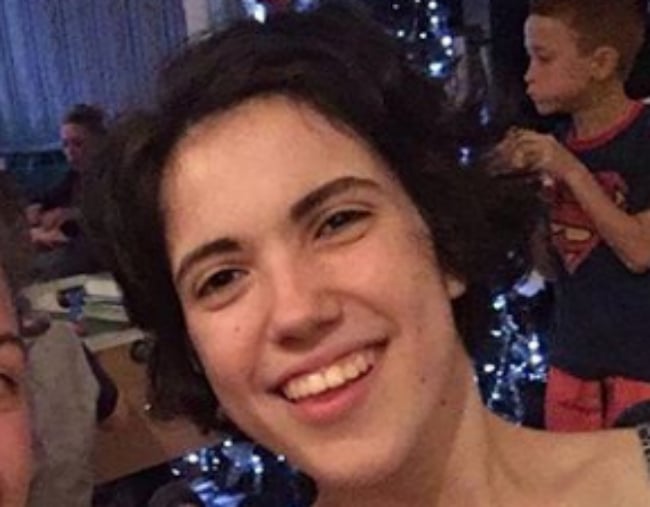
40 weeks. That’s what my mum was supposed to get. 40 weeks to feel the swell of her belly, have time to paint the nursery, pick out toys and clothes and more importantly she was supposed to have 40 weeks to be as ready as she could be for the way she knew her life would change.
Instead she got a scratchy shaky curveball of a touch and at 27 weeks, her life changed forever in ways she could never have guessed.
My lungs bloomed in August instead of November. Mum said she’s never been happier to hear someone cry because my lungs weren’t supposed to work. But they did. I wasn’t necessarily supposed to survive either, but here I am. Hold your applause. It’s scary to think that at some point my survival instincts thought I was safer coping with the world a little early than dealing with whatever made me feel unsafe enough to hit the eject button from the womb.
I was a hair-coated creature who apparently looked as though I could’ve easily been a baby gorilla in the next Planet of The Apes. Fun fact: babies are covered in hair as a form of protection, and are supposed to lose it all somewhere between the six to nine month mark of pregnancy. Obviously, my impatience to see the world meant I didn’t get that memo.
You might also find it amusing to know (I do!) that at just 1195 grams and 36 cm long, my dad’s wedding ring was the perfect arm accessory.
My fashion choices were fairly limited, one of the only viable options Cabbage Patch Kids doll’s clothes in styles, cuts and colours that would make Anna Wintour weep. My first hat fits Wimbledon’s finest tennis balls which says a lot about the size of my head — these are the details of my birth beyond the tubes and all the scary medical words.
